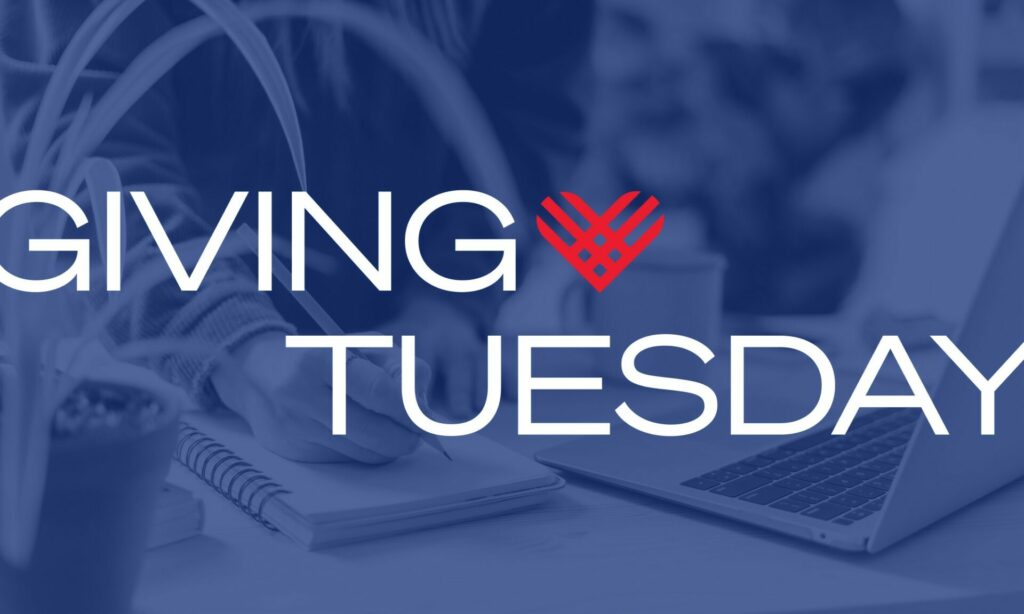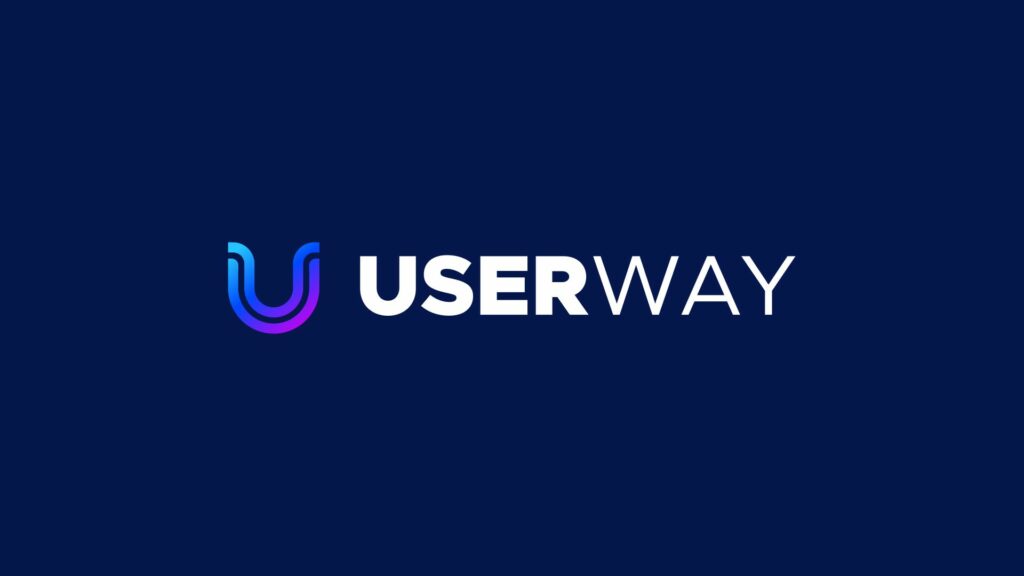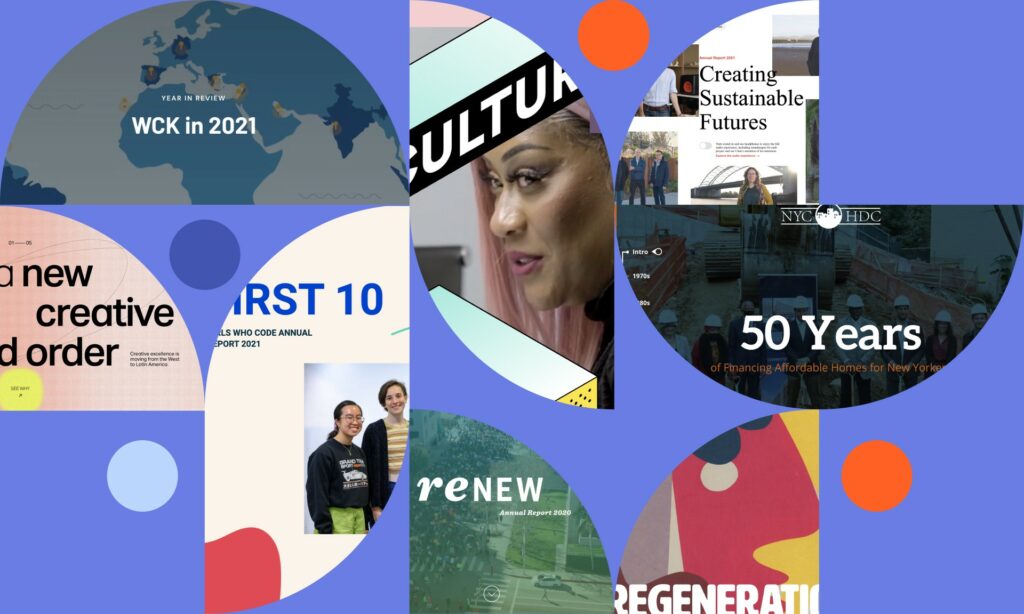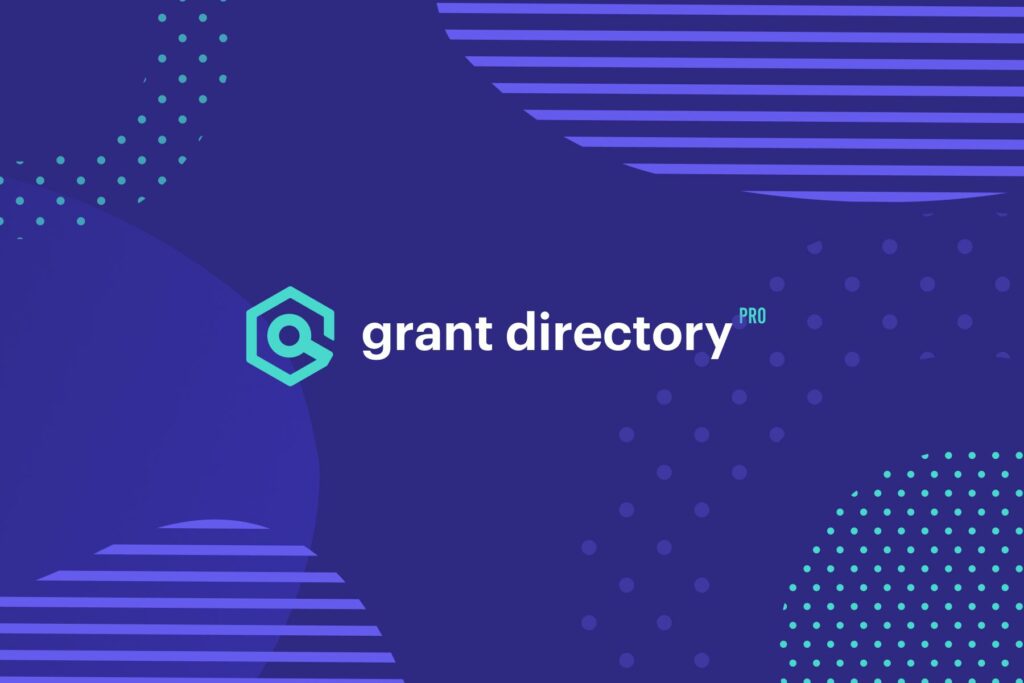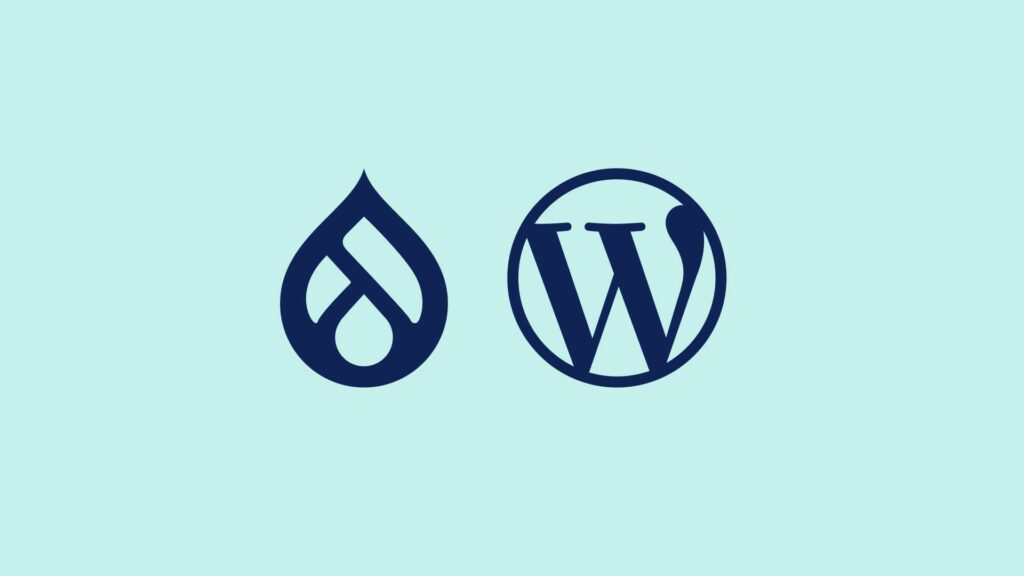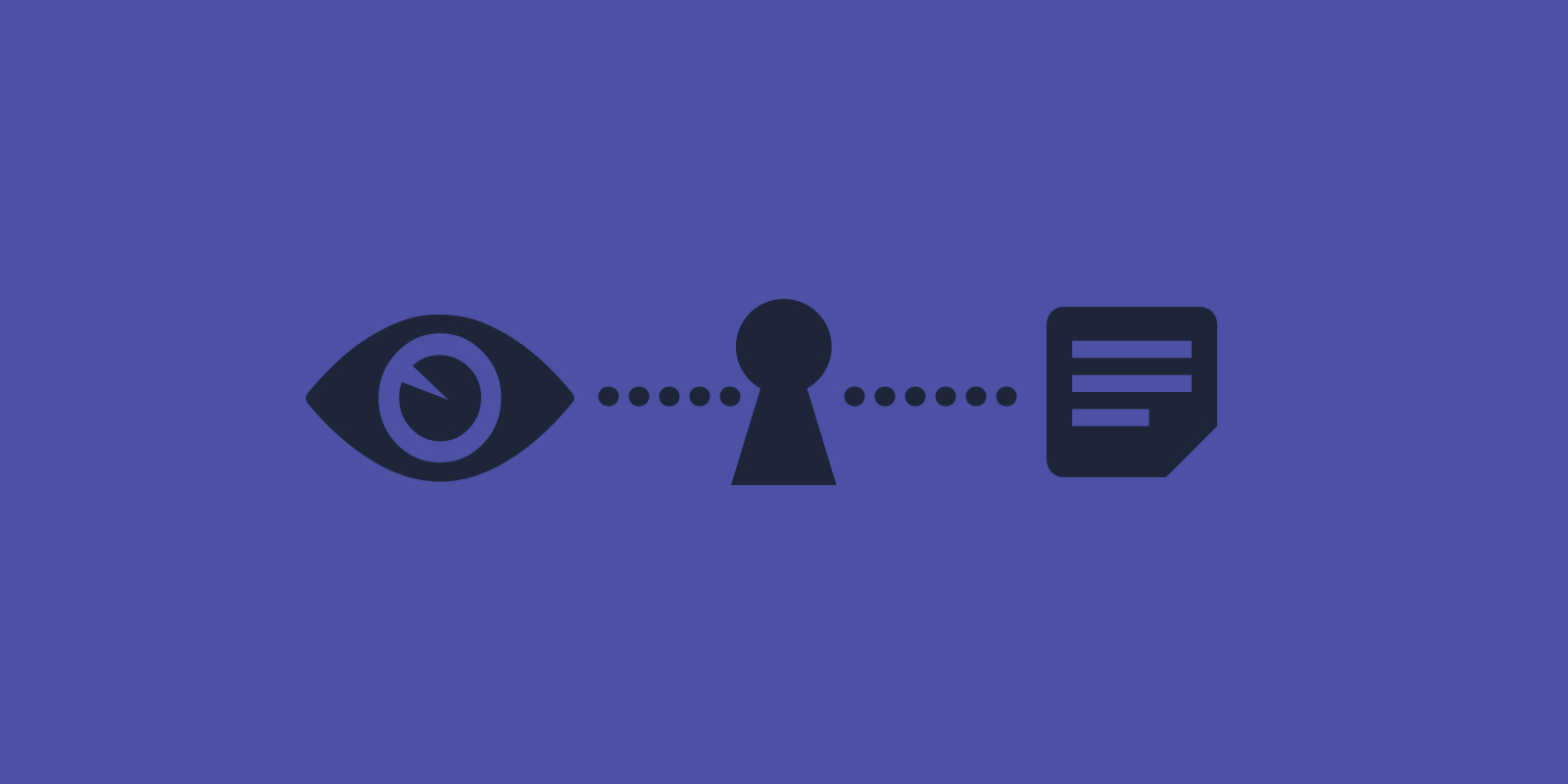
Our clients often ask us to gate their downloadable content such as reports, whitepapers, case studies or ebooks. This means requiring the user to provide personal or professional details in order to download or access the content. We have all seen this on a website, so why is it so popular? And should you be doing it? This post explores some questions to ask yourself and things to consider before gating your content.
What are you losing if you have a barrier?
Not gating your content increases visibility and trust in your organization. You need to find the right balance. Having a barrier between a user and your content is likely to result in fewer eyes on your content so you have to consider what your priorities are. Your audience may not want to give you their information or they may give you fake information to get the downloadable content. Freely accessible content results in increased trust in your organization and more eyes on your content.
How are you going to use this information?
Answering this is the first and most important step to deciding if you should gate your content: You should know and understand exactly what you are going to do with your users’ information. The most common (and best) reason for gating content is lead generation – you want your user to purchase something and gating your content is part of a more cohesive strategy where you will follow up with them. If your business doesn’t depend on sales, we generally recommend against gating your content. If you don’t have a good reason to use the valuable information that your user provides then don’t block them from your content.
If you are deciding to gate your content, it’s important that you be transparent in how you plan to use it. No one wants to provide their coveted contact information without understanding why or if you will contact them. We recommend a short description prior to the gate (information collection form) that tells your users how you will use their information.
Is the content you are gating bringing as much value to your consumer as you get from their personal information?
If you are going to require a user to give you their information before being able to download something, the user has to feel like they are gaining the same value (or more!) than you are with their email address and personal information. Ask yourself if the content you are thinking about gating is directed at your audience in a way that highlights it’s potential value.
What are your goals for the content you are considering gating
Ask yourself what your goals are for the content. Is it a priority to get more eyes on your content, brand recognition, or is it more of a priority to sell your product? If it is more important to get the word out and to help however many people you can with your content, then you should not gate the content. If, on the other hand, you are selling a product and want to advertise to a smaller audience, then a gate could be a good idea for that content. We find that generally the goals of our clients do not reflect the need for a gate.
In Conclusion
Consider your audience and what they are interested in. Not gating your content increases visibility of your brand and heightens trust in your organization. Gating content can be greatly beneficial to learning more about your users and generating leads, but it can also be a deterrent for people who don’t want to give their personal information to you.
If you are interested in hearing more or have any questions, contact us.










